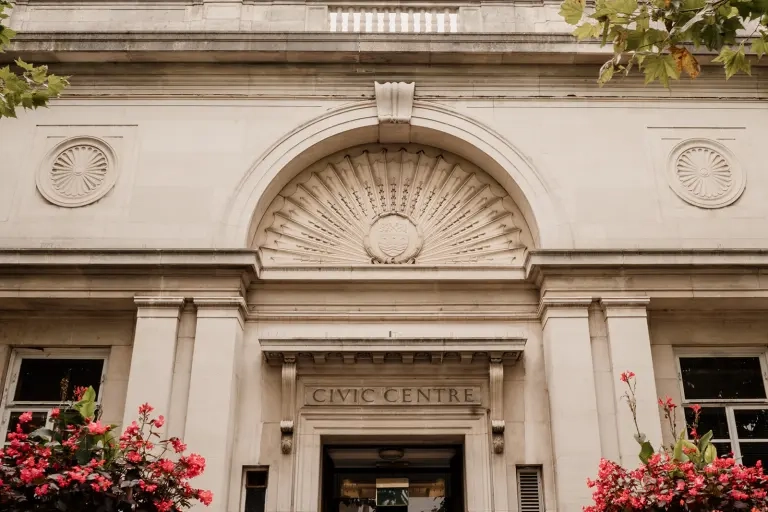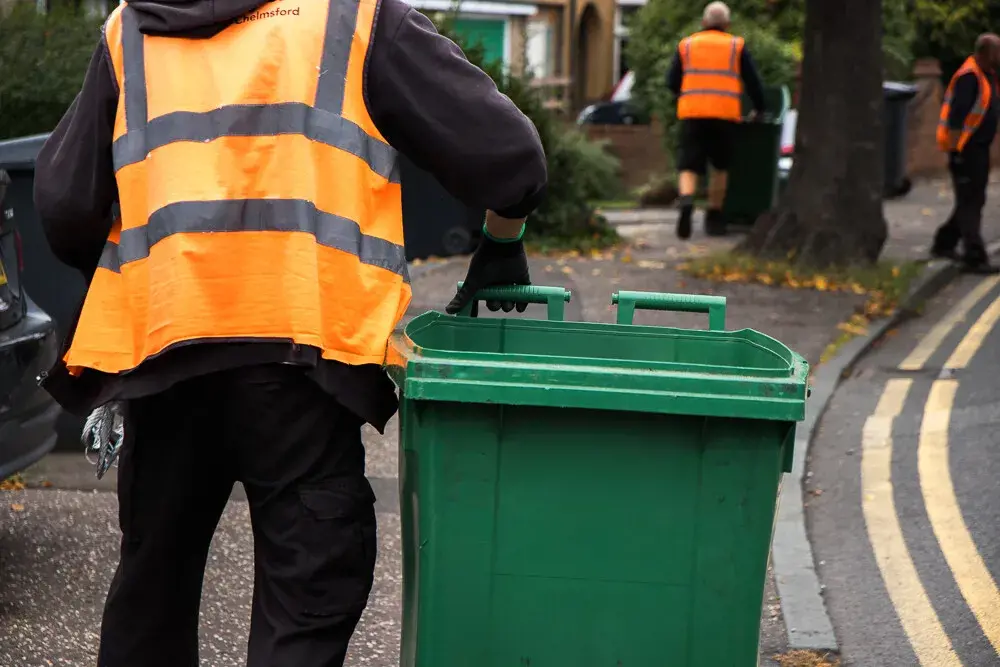Cost of living crisis hits councils including Chelmsford

Chelmsford City Council is warning that like most other councils, it is facing the same the cost of living crisis as residents and businesses.
The council’s Cabinet heard that its financial position has worsened since a July forecast, largely from prolonged levels of very high inflation. The report also cautions that continuing national uncertainty over the economy could make the council’s position worse in the coming months.
The council’s expenditure could exceed its income by £2.5m in the current year, and its projected deficit for 2023-24 has now risen to £7.9m, from an estimate of £4.2m in the summer.
The Cabinet report highlights that three main factors are pushing up costs: energy prices, staff pay and capital spending – where the costs of construction industry materials, supplier delays and rising interest rates are causing problems.
10% inflation causing big cost increases
Record inflation, at a 40-year high of more than 10%, is responsible for causing the biggest pressure on the council’s budget. This increase in costs is affecting all services, particularly where vehicle fuel and increased energy costs are concerned. For example, the City Council had to add £1.2 million to this year’s budget for electricity, gas and vehicle fuel.
In 2023/24, based on current projections, the cost of the City Council’s waste service could increase by another £22,000 per week and leisure centres are projected to cost an extra £36,000 a week.
To give an idea of the scale of this challenge, the report calculated that in comparison, the maximum amount the council could increase its share of council tax by without holding a referendum next year would raise less than £7,000 a week.
Fuel and energy cost increases aren’t the only problems for the council. Soaring inflation is also creating cost pressures for capital investment projects which are already under way, such as the refurbishment of Aquila House and Chelmsford Theatre.
The council is also facing an additional pay award above the 2.5% already paid to staff in April. This would mean that the very lowest paid staff would receive a further 7.5% to their pay, in line with the national pay award. Without this increase, around a third of council staff would be paid less than the national living wage.
Cllr Chris Davidson, the Cabinet Member for Fairer Chelmsford, said council finances are feeling the same pressures faced by people right across the country.
“"Just like residents in Chelmsford, local authorities are going through their own cost of living crisis, squeezed by inflation, rising costs, and high interest rates, unthinkable just a few months ago. This time last year, prices were rising by just over 3%, and we could manage that. But all that has changed now that inflation has risen to more than 10%.
Cllr Chris Davidson, Cabinet Member for Fairer Chelmsford
In July we forecasted a budget gap for 2023/24 of £4.2 million and that’s now risen to £7.9 million. We also now expect to report an overspend in the current year 2022/23 of around £2.5m. That’s due to a higher pay offer than we’d budgeted for and shortfalls in our income. I will, of course, be able to present a balanced budget for next year but we will need to make some significant savings and use reserves to manage some of the increased costs we are facing."
Problems not unique to Chelmsford
The report points out that these problems aren’t unique to Chelmsford, with similarly-sized councils right across England also grappling with very large budget gaps.
Although local authorities have faced big funding worries since the Covid-19 crisis started in March 2020, increased Government grants have, until now, offered a partial national solution to some of the local financial challenges caused by the pandemic.
This time around, the indications are that this sort of help for local services may not be available. Without this support, Cllr Davidson says councils face a perfect storm of problems.
“"Our share of council tax, which pays for around a quarter of the City Council’s services, can only rise by the greater of 2% or £5 a year, which is far behind where inflation is now. Most of our income comes from charges, such as car parking, leisure centres, hiring out our venues and from rents and financial income. These are all being hit by the current economic disruption.
Cllr Chris Davidson, Cabinet Member for Fairer Chelmsford
On top of all that there seems little prospect of the kind of support we saw from Government during the Covid lockdowns, and this leaves us with difficult choices ahead. We are no different from residents struggling to pay bills with prices rising much faster than income."
Challenges ahead to set balanced budget
The council now faces the challenge of setting a balanced budget with great uncertainty ahead, which is having a significant impact on its forecasts. Detailed budgets are being drawn up by council departments and directors have been asked to carry out an urgent review of the organisation’s fees and charges.
The financial report, which was approved by Cabinet, says that actions are urgently needed to find significant savings and that in the short term, some of the council’s rainy day money will also need be used to reduce the gap. This, and other measures could reduce the budget gap for 2023/24 from £7.9m to around £2.1m, although significant savings will still have to be found within the council.
You can watch a recording of October’s Cabinet, or read the full financial update report to Cabinet.


